Turnkey Solution for New Energy Intelligent Equipment
Battery modules, also known as battery module groups, are a crucial intermediate-level component in battery systems. They are assembled by connecting multiple battery cells (single batteries) in series or parallel, aiming to provide higher voltages and capacities to meet the electrical energy demands of specific applications. Battery modules are not only the building blocks of battery packs but also indispensable components in fields such as electric vehicles, energy storage systems, electronic devices, industrial equipment, aerospace, and more.
1. Definition and Components of Battery Modules
A battery module can be understood as connecting several battery cells in series or parallel to form a unit with a certain voltage and capacity. This design enables battery modules to meet higher voltage requirements or larger energy storage capacities. The interior of a module typically includes components such as battery cells, conductive connectors, the module control unit (BMS slave board), plastic frames, cold plates, cooling pipes, pressure plates at both ends, and fasteners. These components work together to effectively manage and protect the battery cells.
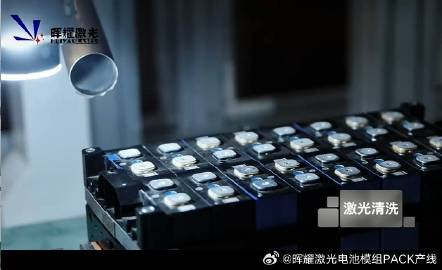
2. Functions of Battery Modules
Improve energy density and power density: Through reasonable design and layout, battery modules can maximize the energy density and power density of batteries to meet the power demands of electric vehicles and energy storage systems.
Battery cell management: The BMS slave board within the module is responsible for monitoring and managing the status of battery cells, including parameters such as voltage, current, and temperature, ensuring the batteries operate in a safe and efficient state.
Structural support and protection: The structural design of the battery module must provide support and fixation for the battery cells to prevent damage during vibration or impact. At the same time, the module housing and internal insulation materials can protect the battery cells from external environmental influences.
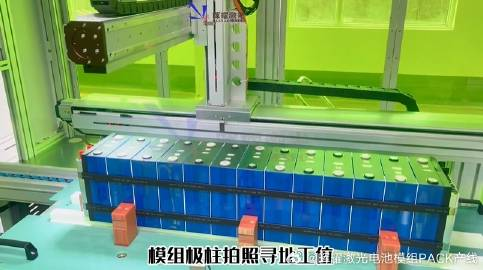
Thermal management: The cooling pipes and cold plates inside the module help dissipate the heat generated by the battery cells, maintaining the batteries within an appropriate temperature range to prevent performance degradation or safety issues due to overheating.Fault handling capability: In the event of severe abnormalities in the battery module, such as overcharging, overdischarging, short circuits, etc., the BMS can take timely measures, such as power-off protection, to prevent the fault from spreading to the entire battery system.
Convenience for maintenance and repair: The design of battery modules takes into account the convenience of maintenance and repair. When problems occur in the battery system, the faulty module can be quickly located and replaced or repaired, reducing the maintenance cost and time of the entire battery system.
3. Application Fields of Battery Modules
Electric vehicles: The power system of electric vehicles mainly consists of battery modules, electric motors, and electronic control systems. As the energy storage device of electric vehicles, battery modules provide long-lasting power support to ensure the normal operation of the vehicle.
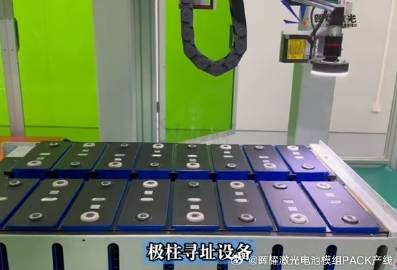
Energy storage systems: Energy storage systems store electrical energy through battery modules and release it when needed to achieve the regulation and balance of electrical energy. Energy storage systems have wide applications in smart grids, renewable energy generation, microgrids, and other fields.
Portable electronic devices: In portable electronic devices such as smartphones, tablets, and laptops, battery modules are also indispensable components. These devices have small volumes and light weights, and have high requirements for the energy density and volume of batteries. Battery modules ensure the long-term use of devices by providing high-energy-density electrical energy.
Industrial fields: In industrial automation, robots, power tools, and other equipment, battery modules serve as the energy supply system, providing stable and reliable power support for the equipment.
Aerospace and unmanned aircraft: Aerospace equipment has extremely high requirements for the weight, energy density, and safety of batteries. Battery modules provide high-energy-density electrical energy to reduce the equipment weight and improve flight performance. As an area of rapid development in recent years, the endurance capacity of unmanned aircraft is also a key indicator. Battery modules enhance the endurance capacity of unmanned aircraft by providing a persistent and stable energy supply.
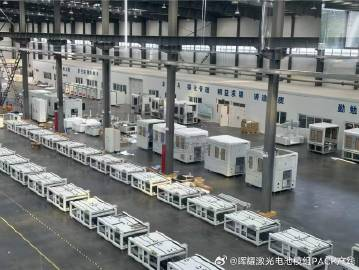
4. Conclusion
As an important component of battery systems, battery modules play a significant role in multiple fields such as electric vehicles, energy storage systems, electronic devices, industrial equipment, aerospace, and more through their characteristics of high efficiency, long lifespan, and ease of integration. With the continuous advancement of technology and the continuous expansion of application fields, the application prospects of battery modules will be even broader.
Huiyao Laser Technology (Luoyang) Co., Ltd. is a high-tech enterprise dedicated to the research and development, manufacturing, and sales of equipment in the new energy industry. Relying on the support of scientific research institutions such as the Luoyang Research Institute of Dalian University of Technology, the company has built a highly skilled R & D team and is committed to providing customers with comprehensive high-end intelligent equipment such as laser welding equipment, battery cell assembly line equipment, module PACK automatic line equipment, and battery structure component automation equipment.
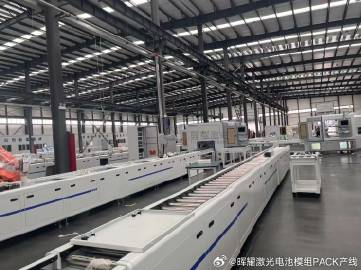
The company covers an area of over 10,000 square meters and is equipped with multiple automated production lines and advanced processing equipment. It has obtained ISO9001 quality management system certification and ISO14001 environmental management system certification. The company actively promotes standardized production models, improves product quality management and after-sales service guarantees, and is committed to providing customers with reliable products and high-quality services.

Email: yaolaser@huiyaolaser.com
Head Quarter Address: Huiyao Laser Technology, Building 2, Langxu Industrial Park, Guanlin Road, Science Park Street, Luolong District, Luoyang City, Henan Province, China
Research&Development Center: Room 901-9,Building B1, Phase 1, Southern Area, Baoneng Science and Technology Park, Qinghu Industrial Zone, Gangtou Community, Batian Street, Longgang District, Shenzhen City.